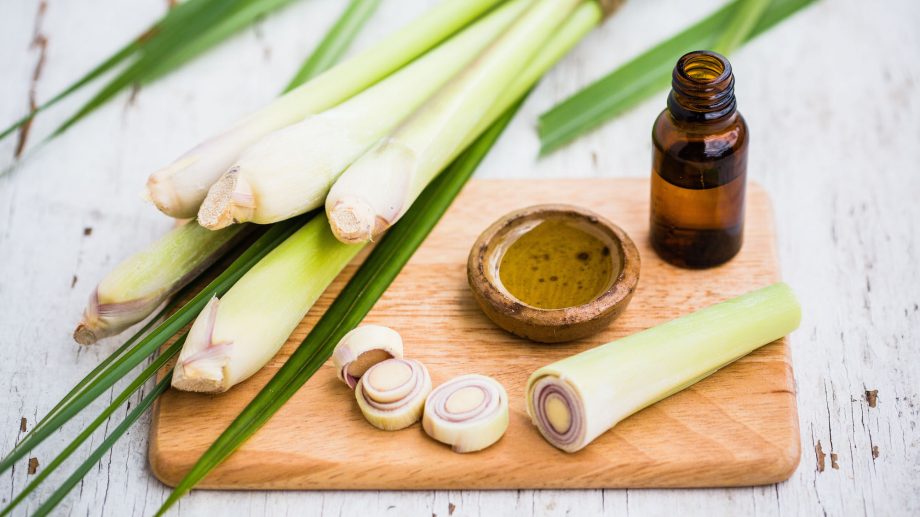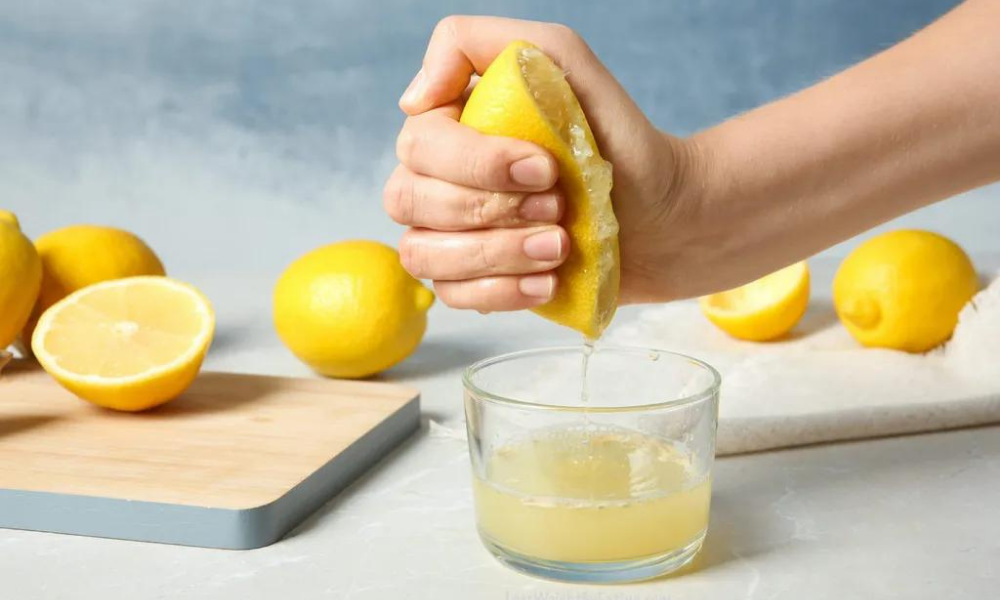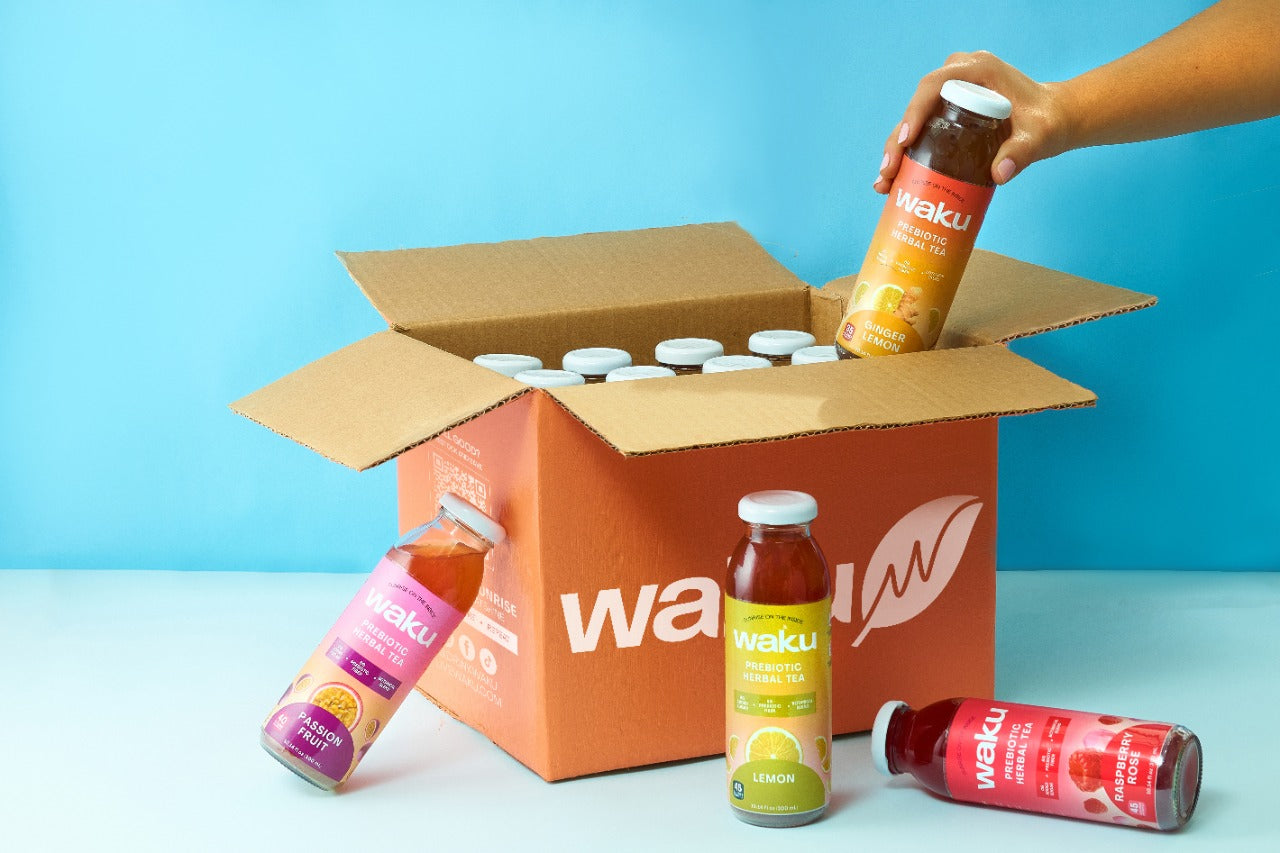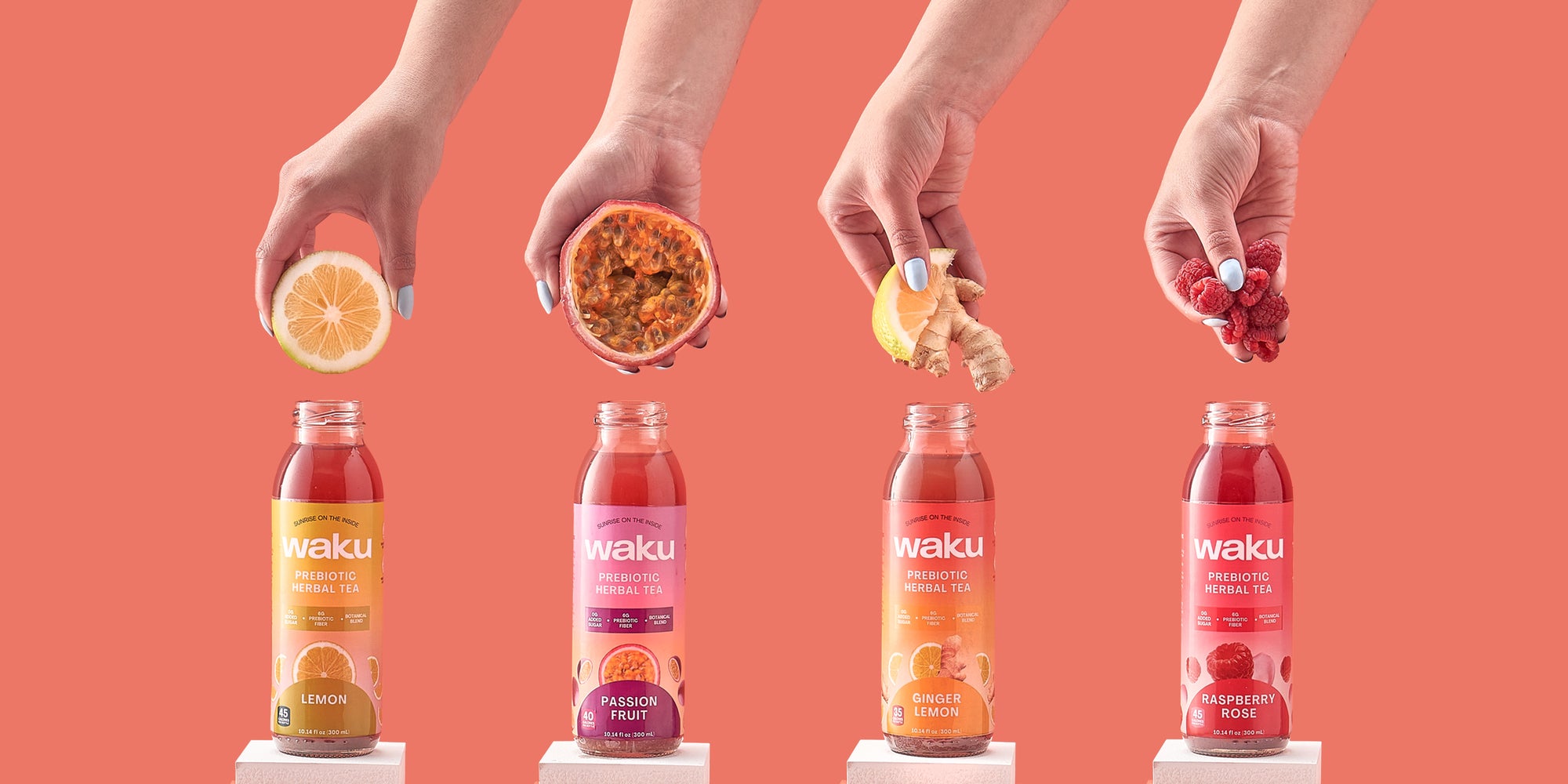About Waku
-

The Quali-tea of Lemongrass
Hi there! Welcome to yet another Quali-tea episode! Today, we present you Lemongrass. This is one of our favorite ingredients in the Waku blend. Lemongrass is an herb with a lemony scent. The culinary herb is produced from the stalk of the lemongrass plant (Cymbopogon citratus), which grows in many tropical climates, most notably in Southeast Asia. This plant imparts a flavor of lemon with hints of ginger and has the same essential oil as lemons. It is often used in herbal teas to give a lemon flavor. Fresh lemongrass can have floral and minty notes as well.
Because we want you know as much as you can about our ingredients, here are some fun facts, benefits and uses of Lemongrass:
-

The Quali-tea of Fruit Juice
Have you ever had a glass of natural freshly squeezed fruit juice and felt your whole body refresh and replenish just by that first sip? Here at Waku, we know that nothing compares to the natural flavor of fruit. That is why, we are committed to make our teas using the finest blend of ingredients combined with the deliciousness, freshness and overall greatness of fruit juice. We decided that if we wanted to create a natural and beneficial herbal tea with different fruity flavors, we should do it using the juice of those fruits directly into our mix.
Today, our four main flavors are: Raspberry Rose, Passion fruit, Ginger Lemon and Lemon. And for each of them we use the natural juice of the fruit it contains. In this Quali-tea edition, we will be sharing with you the fun facts, benefits and uses of fruit juice just so that you are certain that not only is this the best tasting option to include fruit, it is also the healthiest (and we think coolest). Take a look!
-

Why does Waku cost what it costs?
If you have been following our journey and have tried our Prebiotic Herbal Teas, you know that a case of Waku (which includes 12 glass bottles of our fruity teas) costs up to $39.99. Of course there are always new discounts, bundle offers, special day promotions and overall benefits to get more cases at a lower price, but essentially a single bottle of Waku could cost approximately $3. And over all of these years and throughout all of those promos, we have heard a question pop up every once in a while and that is “Why is Waku so expensive?”. Today, we will answer that question by breaking down why the cost of Waku is truly just a reflection of its value.
-

"The Waku Effect"
If you have already tried Waku, you know exactly what we are talking about with the Waku effect. Our prebiotic herbal teas are full of flavor, freshness and deliciousness. They are also vegan, caffeine free, GMO free and don't have any added sugar. Waku also contains 6 grams of prebiotic fiber which basically represents 25% of the daily fiber intake we should be consuming. They are perfect as a food pairing and will do absolute wonders for your gut health and overall digestion.
We are well aware that sometimes when a product claims to be super healthy it might taste too strong or be hard to obtain. However, Waku is the exception to all of that. Not only is it absolutely delicious, it is easy to buy, serve and consume. If we haven't convinced you by now, here are some honorable mentions that just prove how good and truly amazing Waku is. Take a look!



